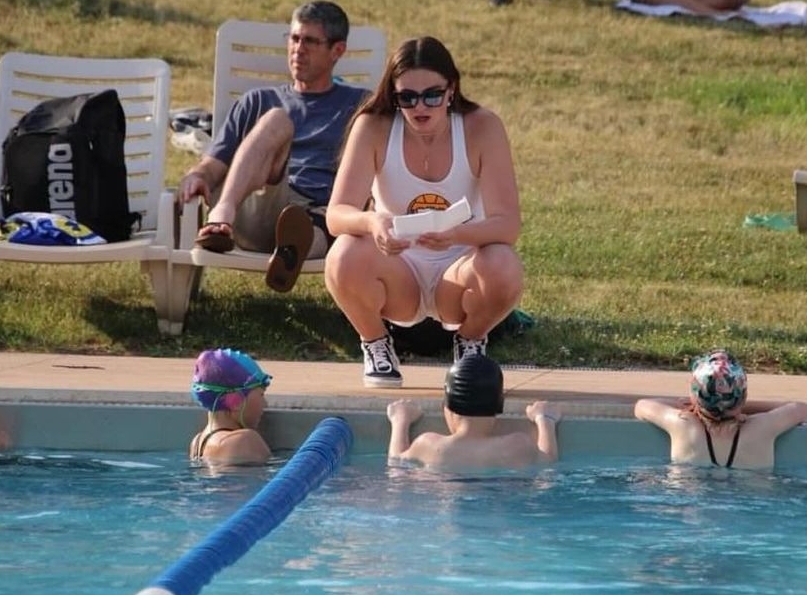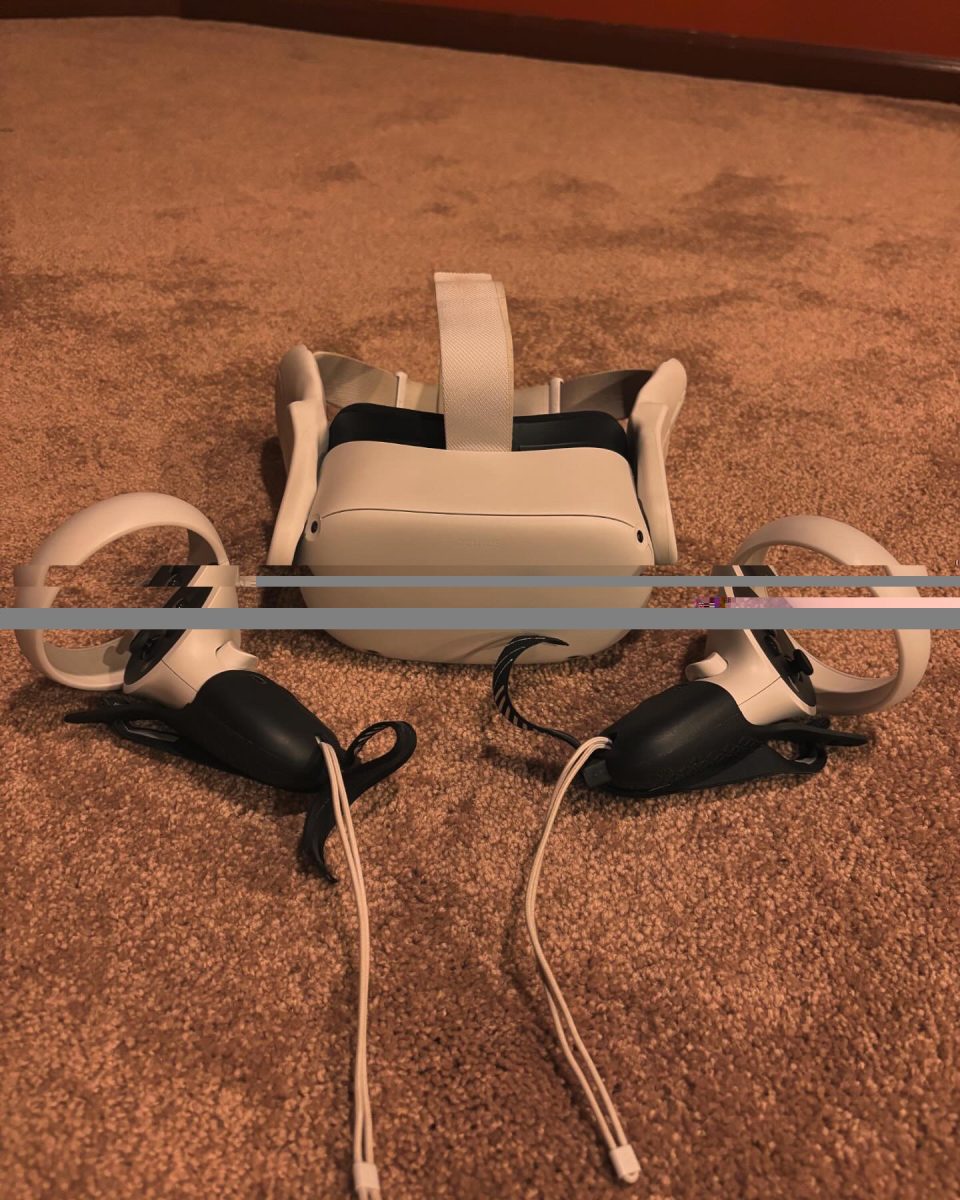Many different people play a crucial role in the upbringing and learning of a child. Parents, siblings, and friends surround children and influence them in numerous ways. However, when it comes to developing social and other essential skills, there is no doubt that teachers and coaches serve as main role models. Their impact can be significant on impressionable children and young adults as these figures serve as core mentors. Both teachers and coaches have one similar thing in common: their love and passion for helping children. Children all learn in different ways, and coaches and teachers must adapt to every child’s needs.
Sports coaches may not be the first thing considered when referring to mentors in a child’s life; people tend to think of parents and other family members. However, coaches significantly influence the development of children and young adults. According to an article by Trine University on Coaching Styles and Their Impact on Athletes, “A coach is the kind of person who will be one of the most influential for a young athlete.” Much research has found connections between coaching and team success related to the psychological impact of the coach on their athletes. This is why a coach’s method to instruct his/her team is vital to a strong team. A study done by Jones (2020), using the multidimensional leadership model, found that young and high school-age athletes best learned and performed under a “democratic social support” coaching style. A democratic coaching style seemed to be beneficial for all ages. College teams with democratic coaches were found to have “more team cohesion and freedom.” This style gives athletes the support yet the autonomy they need to succeed. The study later suggested that authoritarian coaching styles did not benefit any team or athlete. The coaching style can also influence the athlete’s motivation, as seen firsthand by Jeffrey Swartz, a Pennridge water polo coach and teacher for the past three years. He mentioned using different coaching styles for each kid depending on what they need, stating, “I try to be the hardest coach I can be and push them to be the best player they can be, but if I see they aren’t taking that well, then I will back off and try to find a happy medium so they won’t give up on me or the sport.” Finding this “happy medium” for each child is vital to their success and progress. If coaches are too demanding of children, it can lead them to resent the sport and give up. The same can be true for parents or teachers; children may be more likely to give up on school or become disobedient if they are too rigid.
Teachers possess the ability not only to teach but also to inspire, motivate, challenge, and encourage students. They also have the opportunity to make a positive difference in their student’s lives and set them up for success. Educators don’t simply teach curriculum and academic subjects. In addition, they teach students social skills and build their self-esteem and confidence. There is no question that teachers play a crucial part in students’ lives. However, many people wonder how they do it. To be a teacher, some preferred qualities will lead to success. According to Teachers of Tomorrow, some qualities include empathy, creativity, patience, adaptability, and respect. Kate Maxwell, a third-grade teacher for the past 27 years, is a passionate, enthusiastic, and empathetic teacher. When asked what qualities are necessary to be a successful teacher, she answered, “Well, it’s tricky because you are not just a teacher. You are also a nurse, babysitter, and a counselor sometimes.” Some may argue that the necessary qualities are endless.
As a teacher, you are running the show. It is up to you to engage students but also keep them on task. When asked what the most challenging part about teaching is, Maxwell responded, “You have to be able to meet the emotional and academic needs of every student in your class. This can be difficult, and it takes time to figure out what works best for the whole class.” This is extremely important for educators because every child deserves a fair education that helps them grow in their own way. Working to support every child in their own way can help them not only academically but also emotionally. As a teacher, you are also responsible for creating a safe, welcoming environment for students to learn. This is arguably the most crucial part of teaching. According to Connections Academy, students who feel unsafe at school are more distracted and less likely to be successful. When students feel safe, they are more focused and can perform better academically.
Coaches and teachers alike play an immense role in a child’s life from a very early age. As explained above, it is essential to the success and progress of children to have flexible teachers and coaches in their lives. These people are primary role models who serve to properly nurture children and young adults alike to achieve their top potential.
Sources:
https://www.connectionsacademy.com/support/resources/article/important-for-students-to-have-a-safe-place-to-learn/
https://www.teachersoftomorrow.org/blog/insights/good-teacher-qualities/
https://www.trine.edu/academics/centers/center-for-sports-studies/blog/2021/coaching_styles_and_their_impact_on_athletes.aspx#:~:text=Various%20coaching%20styles%20have%20been,affect%20the%20motivation%20of%20athletes.






